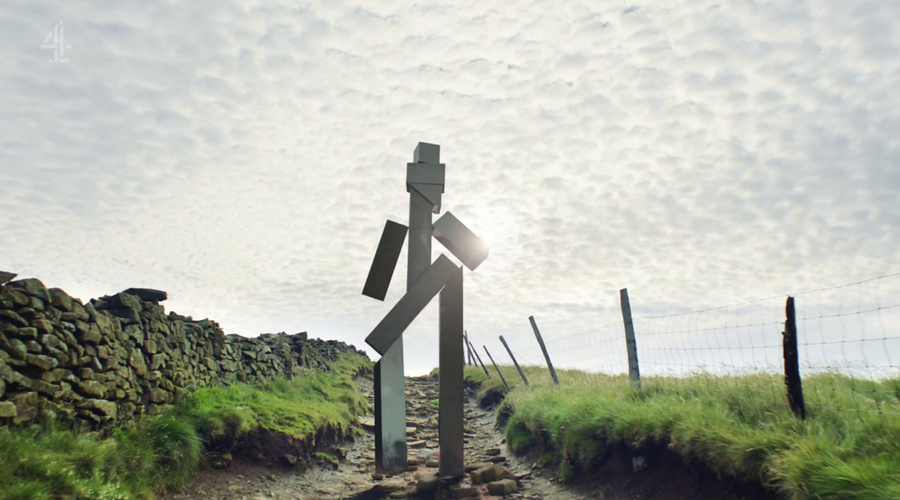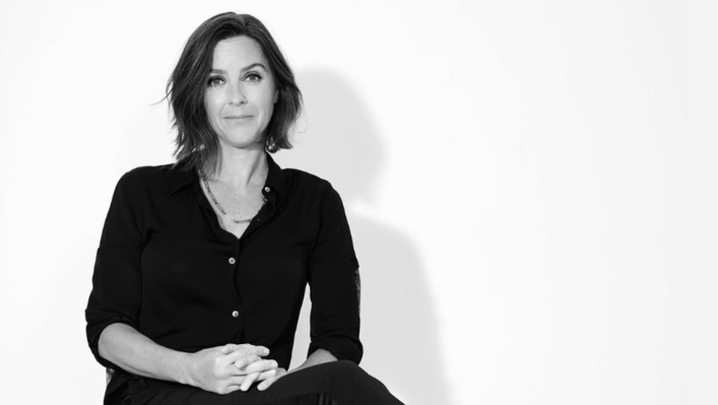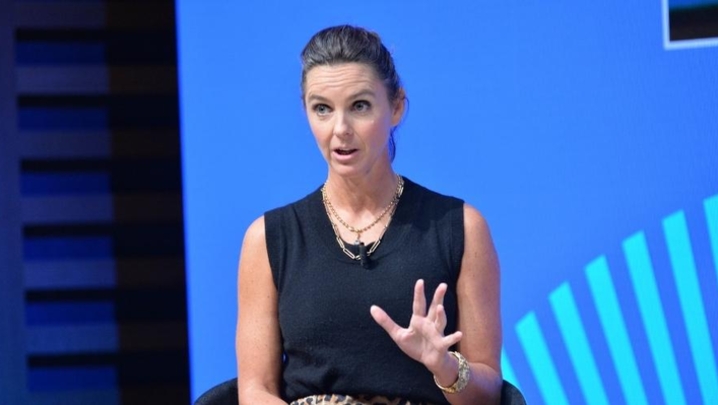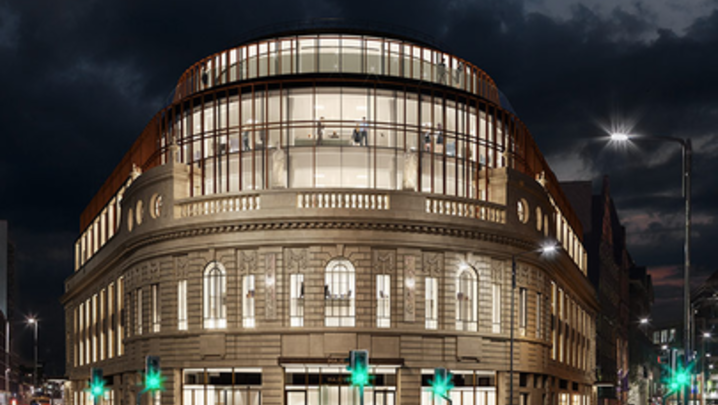Privatising Channel 4 is once more on the Government’s agenda. But this time it feels different and the momentum is quickening, says Torin Douglas.
On 18 November 1996, Hansard noted a parliamentary question from John Whittingdale, MP for Maldon: “Will my Hon Friend congratulate Channel 4 on its success in avoiding recourse to the ‘safety net’ and on making a profit last year of £128m? Does that not demonstrate that it is possible for Channel 4 to meet its remit and to operate commercially? Will he therefore consider its privatisation at the first opportunity?”
Fast forward 25 years to 30 June 2021, and Whittingdale, now the minister in charge of broadcasting, is still on the same subject, addressing members of Voice of the Listener & Viewer (VLV), which represents citizen interests in broadcasting. “The Government has made it clear that we are minded to move to an alternative ownership model because we are very conscious of the constraints that public ownership places on Channel 4,” he said.
Whittingdale was not the first to suggest privatising Channel 4, which is owned by the state through Ofcom but commercially funded. Nor is he alone: the move has been mooted half a dozen times by ministers – and fought off every time. But he is the most persistent, and the last attempt occurred on his watch as Secretary of State for Digital, Culture, Media and Sport.
Little wonder that Enders Analysis headed its analysts’ report last month “Here we go again” and The Economist wrote, “Viewers who moan about repeats on television must have rolled their eyes”. But this time, it feels different and the momentum is quickening.
A public consultation on the sale of Channel 4 was launched on 6 July, ahead of a white paper on the future of broadcasting in the autumn. Unlike previous privatisation proposals, little mention is made of the money the Government might raise from the sale. Instead, it focuses first on the threat from Netflix and other VoD streamers: “With a fast-evolving media landscape, increasing competition and changing audience habits… moving Channel 4 into private ownership and changing its remit could help secure its future as a successful and sustainable public service,” said the Government in a press release. “More than 90% of Channel 4’s revenue comes from advertising and this makes it particularly vulnerable to market fluctuations and the decline in linear-TV advertising spend”.
Options for the new ownership structure could include a flotation, a sale to a private buyer, the sale of a minority stake or a mutual ownership model. But opponents of privatisation point out that Channel 4 holds few or no ownership rights over its hit shows, such as The Great British Bake Off and Gogglebox, and that its remit “to be different” would prevent it from making significant profits. If that were changed or it were allowed to make its own programmes, it could damage the many independent production companies that are responsible for making them.
A VLV questioner asked the minister: “Are there any existing red lines in the remit that couldn’t be changed by a new owner?” He replied: “The remit is part of the consultation and there is no question in my mind of abandoning the remit – indeed, we may strengthen it in some areas.”

So what would be the benefit of a sale? Public ownership “prevents Channel 4 from having access to the markets to borrow money”, Whittingdale said. “It doesn’t have an owner that is likely to be in a position to invest in it and it is entirely dependent on advertising revenue, which is very limited.” He said the move was “to strengthen Channel 4”, prompting one sceptic to recall a quote from Ronald Reagan: “The nine most terrifying words in the English language are: ‘I’m from the Government, and I’m here to help.’”
Critics of the plans have been quick to point out that, far from needing help, the company delivered a healthy financial surplus of £74m at the end of 2020, including significant digital growth.
Publishing Channel 4’s annual report, its Chief Executive, Alex Mahon, said: “We’ve always got to be careful of doing anything that might be irreversible, that could damage some of those things that we do for the sector and for the UK. At the moment, we don’t seek to make a profit, so all of that advertising money we take is ploughed back into the creative sector. We don’t make a profit but the profit is made by many, many small and medium sized businesses across the UK – and we’re helping them to deliver profits and growth and to flourish. If we were under a different structure – and I’ve run commercial businesses – we would normally have different priorities.”
Some have suggested that the Government may have more political motives. Tory MP Craig Mackinlay told the MailOnline website that Channel 4 had “sealed its own fate” with years of “one-sided” news coverage. Tom Harrington of Enders Analysis said the proposal was “potentially spiteful”. The Guardian cited two possible factors: a MacTaggart lecture by former Channel 4 head of news Dorothy Byrne, in which she publicly called Boris Johnson a liar, and the channel’s decision, in a TV debate on climate change, to replace the Prime Minister with a melting ice sculpture.
One of Channel 4’s biggest recent hits – creatively, digitally and in terms of its remit to be different – was It’s a Sin, the drama about a group of gay friends growing up during the HIV/Aids crisis. The proposal was turned down by other public service broadcasters but became Channel 4’s biggest drama launch and drove its streaming service All 4 to record growth.
Speaking at the Banff World Media Festival last month, its creator, Russell T Davies, said that privatising Channel 4 would be “a great crime” that would result in series like his not being made. The channel’s remit “which is to make shows like It’s a Sin” would change if it were to be sold. “Come back in 10 years and you’ll see,” he said.
But others agree with Whittingdale and his boss, culture secretary Oliver Dowden, that the media landscape is changing too fast for Channel 4, and the other UK PSBs, to remain as they are.
Former Channel 4 CEO Michael Grade came out in favour of privatisation in 2015, as Maggie Brown records in the second volume of her history of Channel 4: “Hosting a Broadcasting Press Guild lunch at Pinewood film studios, he said the channel had been a brilliant experiment, but it needed to be freed up: ‘What you would gain from privatisation is you could build a really big media business around Channel 4. I think the channel needs to be freed up really to move ahead. The fact is, the world has changed dramatically.’”
Andrew Griffith MP, a former Sky Group chief operating officer, told Radio 4’s Today that the UK broadcasting industry looked “a little bit fragmented” when there were “huge tech giants on the doorstep”. He said: “I looked at the regional newspaper industry, which was not allowed to consolidate and was swept away by the internet, and I don’t want that for our broadcasters.
“I think you can have the best of both worlds in private ownership, as with Royal Mail and BT, which have social responsibilities and licence conditions but can operate and consolidate in the private sector.”
This view was countered by Stewart Purvis, a former CEO of ITN and Ofcom official who edited Channel 4 News and was a Channel 4 board member: “After a most demanding year, Channel 4 has come through with a record surplus, so clearly it is sustainable. And my experience is that it is not only resilient but innovative. The model is constantly being flexed and new ideas are being brought in, so it is actually across all the new developments.”
Both sides are now flexing their muscles ahead of the consultation. At the VLV event, John McVay of Pact asked whether a market impact assessment would be published. He was told that this would not happen until the Government had reached a conclusion. VLV Chair Colin Browne said: “Surely this should be made available before the favoured option is decided, rather than afterwards?”
Whittingdale was asked whether the status quo remained an option. “We think there is a strong case for an alternative ownership model but that does not mean we have absolutely decided,” he said. “Otherwise, we wouldn’t be having a consultation.”
It’s going to be a busy summer and autumn.






